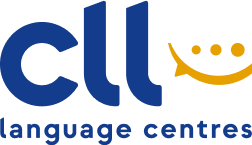How many hours of lessons does it take to go from one level to the next?

The Common European Framework of Reference for Languages (CEFR) does not give precise guidelines on the exact number of hours of tuition needed to move from one level to the next.
Progression from one level to the next depends on many factors, including :
- Frequency of lessons : The frequency of lessons and regularity of practice can influence the speed of progress.
More frequent lessons and regular practice between lessons can lead to faster improvement. - Learning intensity: Learning intensity, i.e. the amount of time and effort devoted to learning the language outside the classroom, can also have an impact on progress.
- Motivation and commitment: The learner’s motivation and commitment play a crucial role in his or her progress.
Motivated and committed learners tend to progress faster than those who lack motivation. - Previous experience: Previous experience in language learning or in using the target language can also influence the speed of progress.
People who already have similar language skills may progress more quickly than complete beginners. - Individual factors: Each individual has his or her own strengths, weaknesses and learning styles, which can influence the speed of progress.
In general, it is difficult to quantify precisely the number of hours of tuition required to progress from one level to the next, as this varies from person to person.
However, rough estimates can be provided by educational establishments or language learning programs, depending on their experience and specific methodology.


